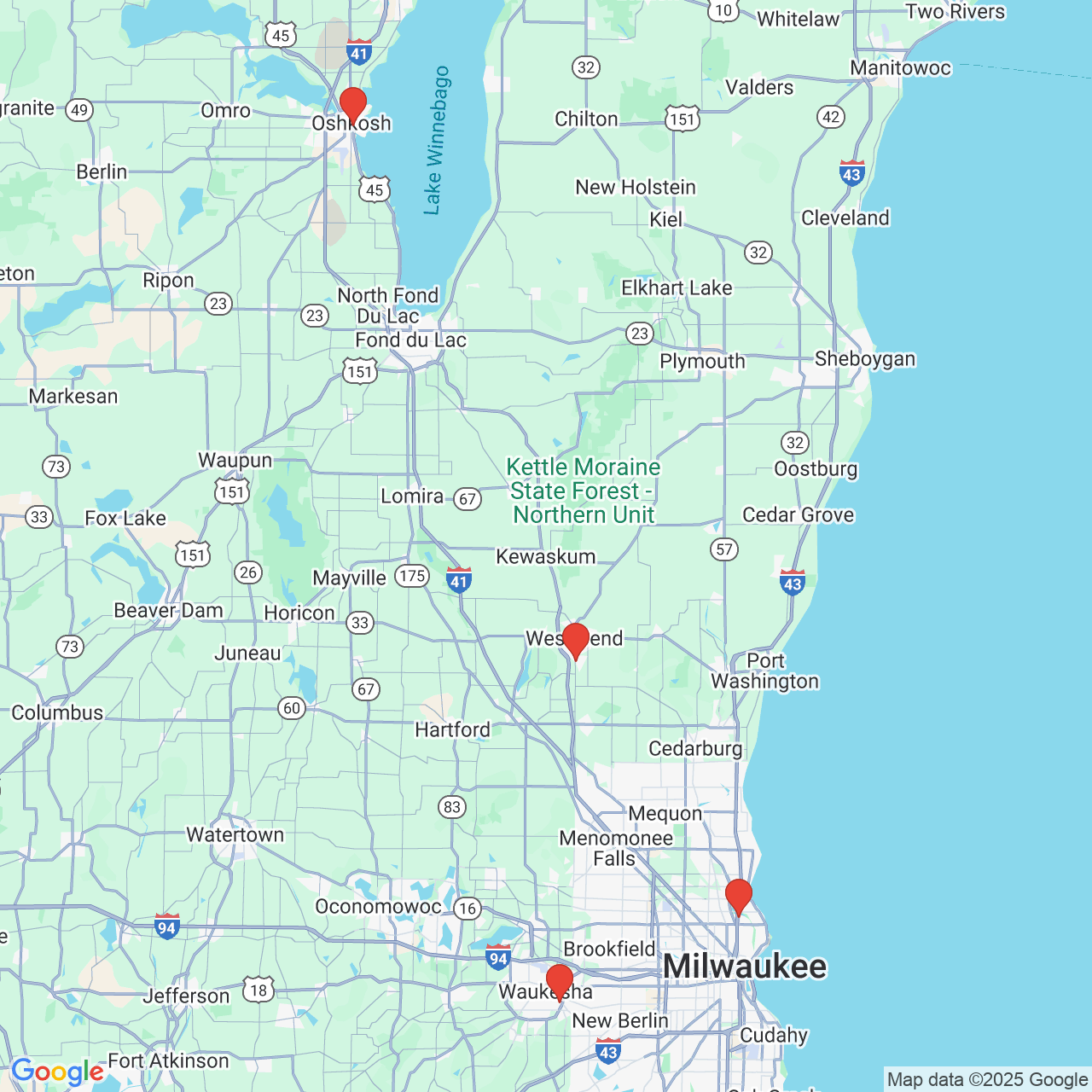Refusal to Take a Breathalyzer Test
 At Mishlove & Stuckert, LLC our team of OWI/DUI lawyers will stand with drivers to make sure they receive a fair hearing. There are many issues with the way intoxication is measured and how law enforcement goes about traffic stops. Our Wisconsin law firm wants to make sure the system is just and objective.
At Mishlove & Stuckert, LLC our team of OWI/DUI lawyers will stand with drivers to make sure they receive a fair hearing. There are many issues with the way intoxication is measured and how law enforcement goes about traffic stops. Our Wisconsin law firm wants to make sure the system is just and objective.
Let’s take breath tests, for example. There are some important issues with these chemical sobriety tests that have to be worked out. Yet even with these issues, should a person refuse to take a breathalyzer test? Let’s explore the issue below.
How Breathalyzer Tests Work
A breathalyzer test is one way to measure a driver’s level of intoxication. During a traffic stop, a person blows into the breathalyzer device. This device will be able to measure the amount of alcohol present on the individual’s breath, which will theoretically give insight into that person’s current blood alcohol concentration (BAC).
Are Breathalyzer Tests Accurate?
Not necessarily.
Reading through the paragraph above, two phrases probably stuck out to you: “blood alcohol concentration (BAC)” and “the amount of alcohol present on the individual’s breath.” Blood and breath are two entirely different substances, and assessing the amount of alcohol on your breath is not the same as directly measuring the amount of alcohol that is in your bloodstream. A breathalyzer test may cause a person who is really below the legal limit of 0.08 BAC to appear to be intoxicated. There may be traces of alcohol on the person’s breath from a variety of sources even if their BAC is fine.
This is why some people may, in the heat of a traffic stop, refuse to take a breathalyzer test.
The Issue of Implied Consent
Driving is a privilege rather than a right. Because of this, Wisconsin drivers are governed by “implied consent” laws. These laws essentially mean that if you have a driver’s license in the state, you must submit to blood, breath, and urine chemical tests to determine sobriety. If a driver refuses to submit to a blood, breath, or urine test while pulled over, they will face additional consequences as part of the traffic stop.
What Happens If I Refuse a Breathalyzer Test?
If you refuse to take a breathalyzer test in the state, you can expect the following consequences for your actions:
- Suspension of Your Driver’s License - Refusing to take a sobriety test will result in a one-year license suspension for a first offense. For secondary refusals, the license suspension lasts two years; three-year license revocations are given for people who refuse breath tests three times.
- Use of a Restricted Driver’s License - While your license is revoked, you will likely be issues a restricted driver’s license. These licenses allow people to drive in very limited circumstances only, such as getting to and from work or school.
- Refusal Used as Evidence Against You - If you refuse to take a chemical sobriety test, a prosecutor may use that against you, claiming that you refused the test because you were knowingly intoxicated at the time.
Is It Worth It to Refuse a Blood, Breath, or Urine Test?
Generally you should not refuse to take a sobriety test. Take the test and work with a DUI/OWI attorney to help establish the inaccuracies of testing and other matters that may have played a role in your drunk driving arrest.
Learn More About Drunk Driving Cases
People in Wisconsin who have been charged with an OWI should contact a skilled drunk driving attorney about your case. The attorneys of Mishlove & Stuckert, LLC are here to help. You can reach our office in Milwaukee by phone at (414) 332-3499 and our office in Waukesha at (262) 336-8140.


